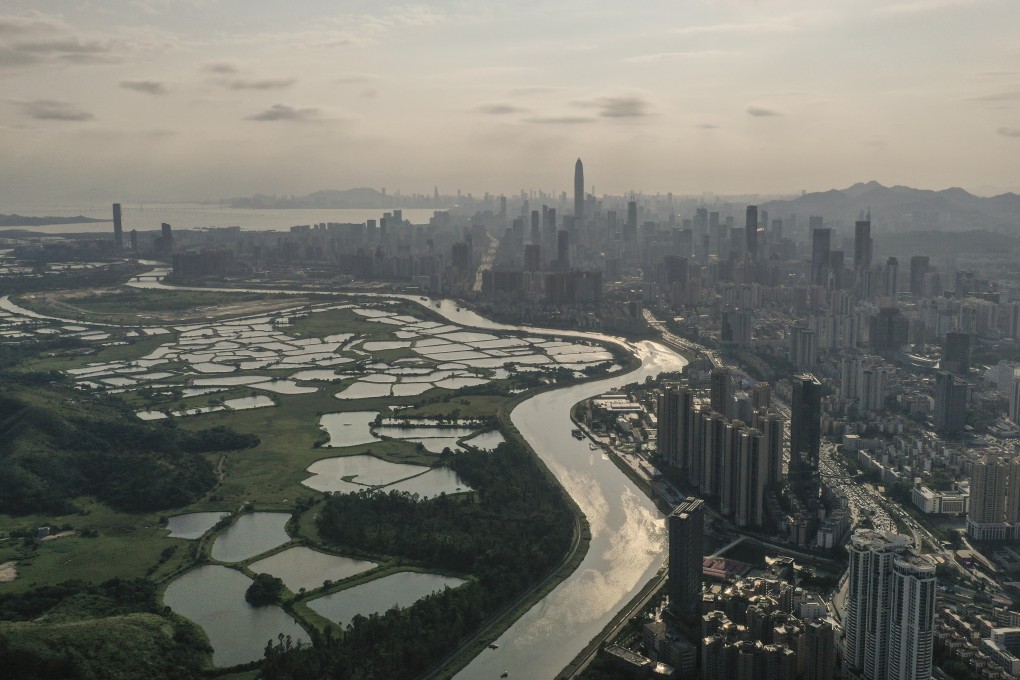Hong Kong ‘protests highlight need for new role’ for city’s in China’s Greater Bay Area plan
- Wong Chung-kiu, co-founder of the Greater Bay Area Impact Forum Foundation, says a new set of goals and ideals is needed to allow city to continue to develop
- Hong Kong has now been hit by anti-government protests for the last 21 weeks

Hong Kong needs to come up with a new set of sustainable policies to address the frustrations at the heart of the anti-government protests if its role in the Greater Bay Area is to grow, according to a Hong Kong academic.
Wong Chung-kiu, co-founder of the Greater Bay Area Impact Forum Foundation, said one of the causes of Hong Kong’s damaged relationship with the rest of China was a “bottleneck” in Hong Kong’s social and economic development, particularly in terms of its role in the Greater Bay Area scheme.
Wong said a new set of common goals and ideals was needed to allow Hong Kong to continue to develop with the rest of the region.
“When the development [model] is sustainable, then that means we are doing something right, and we are doing something in a way that is balanced, equitable and fair,” he said.
When the development [model] is sustainable, then that means we are doing something right, and we are doing something in a way that is balanced, equitable and fair,
“In Hong Kong, some of the problems we are seeing are really the result of a development model that is not sustainable. We have reached a critical, inflection point where we would need to make some changes.”